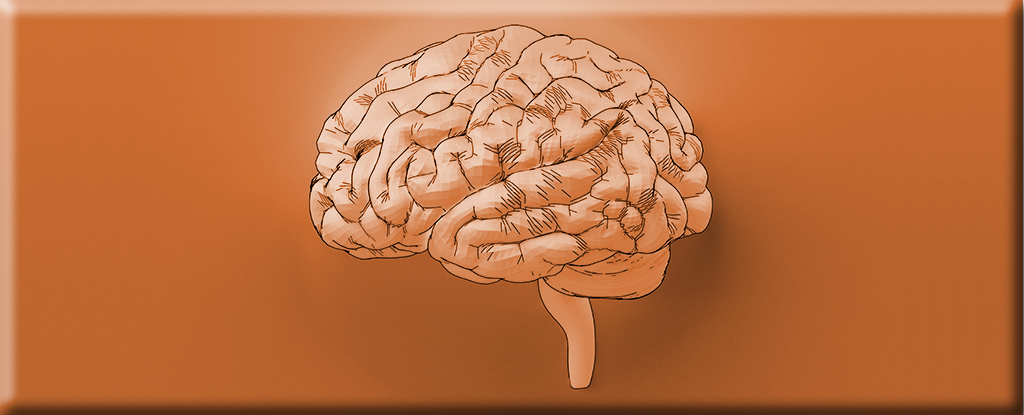
A recent study has revealed a significant link between copper consumption and cognitive function in older adults. Conducted by researchers from Hebei Medical University in China, the study analyzed dietary and health data for 2,420 adults aged 60 and above in the United States. The findings suggest that higher levels of copper in the diet may be associated with improved cognitive performance, a crucial insight for the field of healthy aging.
The study indicated that individuals consuming more dietary copper scored notably higher on various cognitive function tests compared to those with lower intake. Notably, the research identified an optimal copper intake threshold of approximately 1.22 milligrams per day, beyond which additional copper did not yield further cognitive benefits. The researchers articulated their findings in a paper published in Scientific Reports, stating, “The current study indicates a potential association between dietary copper intake and enhanced cognitive function in American older adults, particularly among those with a history of stroke.”
While these results are promising, the study has limitations that must be considered. Participants were required to recall their food consumption over a 24-hour period on two separate occasions. This method of self-reporting can introduce biases and only provides a snapshot of dietary habits. The researchers emphasized the need for further longitudinal studies to establish a more comprehensive understanding of copper’s effects on cognitive health.
Previous research has consistently shown that copper plays a vital role in brain function, aiding in neuron communication and energy production while also offering protective benefits against neurological damage. This aligns with the current study’s results, which quantify the positive effects of copper across a significant sample of older individuals assessed through various cognitive tests.
Despite the benefits, the researchers noted the importance of moderation. “Though copper is necessary for proper functioning of the brain, and deficiencies can lead to neurological disorders, excessive copper can be toxic, leading to oxidative stress and neurodegeneration,” they warned. The recommended daily intake of 1.22 mg is equivalent to a handful of walnuts or a bowl of lentils, highlighting how accessible these dietary sources can be.
Copper is found in a variety of foods, including mushrooms, dark chocolate, wheat bran, and oysters. Growing interest in micronutrients such as magnesium, iron, selenium, zinc, and copper underscores their potential role in maintaining cognitive sharpness as individuals age. This adds to the existing body of knowledge regarding the impact of diet on healthy aging.
As the global population ages, the incidence of cognitive impairment is on the rise. The researchers stated, “All forms of dementia, ranging from mild cognitive impairment to Alzheimer’s disease, are marked by cognitive decline and are increasingly emerging as a significant global public health challenge.” The insights from this study could pave the way for improved preventive measures and treatments for age-related cognitive decline.
In summary, while the research highlights a promising association between copper intake and cognitive function in older adults, further investigation is necessary to confirm these findings and explore the underlying mechanisms. The implications for public health and dietary recommendations could be significant as society faces the challenges of an aging population.






